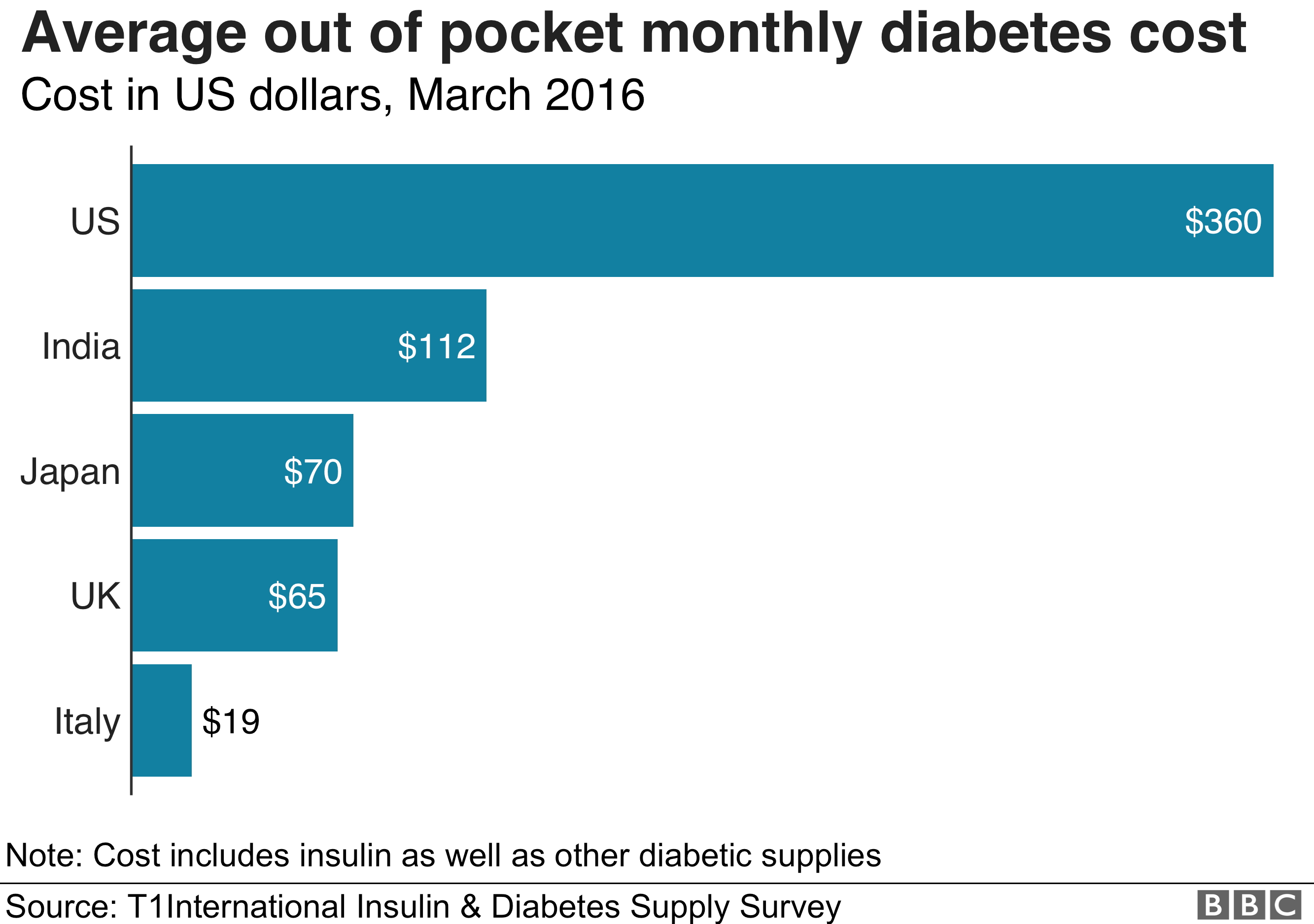Hep A, DDT, CVS, DPH, and more
16 Mar 2019
Posted by Andrew Kantor
Hep A hits Georgia
There’s apparently a big increase in hepatitis A infections in the state, as Georgia Health News reports.
Since January 2018, 170 acute hepatitis A infections, including one death, have been identified in the state. That’s more than six times the number of infections reported in 2017.
How’d you like a tour of the DPH’s Emergency Operations Center?
You can get one this coming Monday (March 18). Just come to 2 Peachtree Street in downtown Atlanta (aka the State of Georgia Building — map here) at 9:45 a.m. First will be the operations meeting, then you’ll get a tour of the Emergency Operations Center, and even get to chat with employees.
No registration necessary — just come on down! It’s right by the Five Points Metro station, and parking is available nearby.
All in the (extended) family
It’s not just having a parent with Alzheimer’s that can mean you have a higher risk — even grandparents or cousins with the disease can be a warning sign. It’s a combination of the closeness of the relatives and the number.
A tramadol consideration
Patients taking tramadol for osteoarthritis might die sooner. Sorry, we mean: “[O]steoarthritis patients prescribed tramadol had higher mortality rates at 1 year compared with those who received naproxen, diclofenac, celecoxib, and eterocoxib.”
Keep that in mind.
CVS and Aetna haven’t merged yet
What, did you forget about this? Fun fact: The case is still in court and the merger hasn’t been approved. There’s a new hearing scheduled for April 5.
Judge Richard Leon of the U.S. District Court for the District of Columbia issued the order on Thursday, saying that he wanted the hearing to discuss which witnesses, if any, should testify before he decides whether to approve the government’s deal with the companies.
It probably applies to humans too
If you’re a roundworm, or know someone who is, you should be concerned about vitamin B12*. A lack of the vitamin can inhibit your ability to metabolize certain amino acids, and that can mean a toxic buildup that will damage your mitochondria.
More importantly, getting enough B12 means your body is “able to dramatically increase resistance to multiple stressors—like heat and free radicals—as well as to pathogens.”
* Did you know it’s also called “cobalamin”? Me neither.
Why not just say that?
The headline: “Chlorhexidine Versus Routine Bathing to Prevent Multidrug-Resistant Organisms and All-Cause Bloodstream Infections in General Medical and Surgical Units.”
The translation: Disinfecting with chlorhexidine is no better or worse than washing with soap and water.
A hop in the WABAC* machine
DDT was the Best Thing Ever for eradicating mosquitoes en masse. (Take that, malaria.) (And Yellow Fever.)
Then it turned out to be Not So Great After All — it disappeared in the ’70s, courtesy of Silent Spring, … although it left us with the question of which was worse, mosquito-borne disease or the potential for environmental damage.
But we’re still looking at consequences and weighing the costs. The latest: A new study of 15,528 women spanning 60 years finds that women who were exposed to DDT before age 14 are more likely to develop breast cancer.
“We don’t know exactly how DDT can cause breast cancer, but we do know that it is an endocrine disruptor.”
* Yes, that’s the correct spelling. We’re picky about those things.
The long read: insulin in America
Specifically, “The human cost of insulin in America” — from selling possessions to pay for it, to crossing into Canada or Mexico, to stockpiling bottles with a few drops left.




